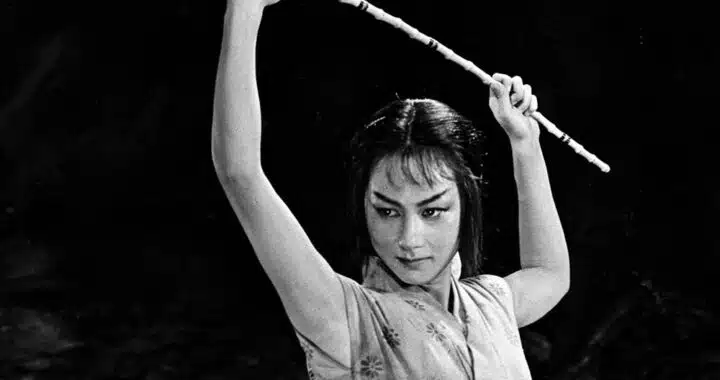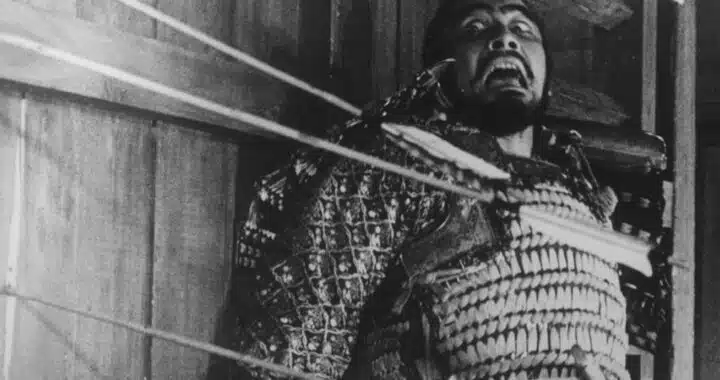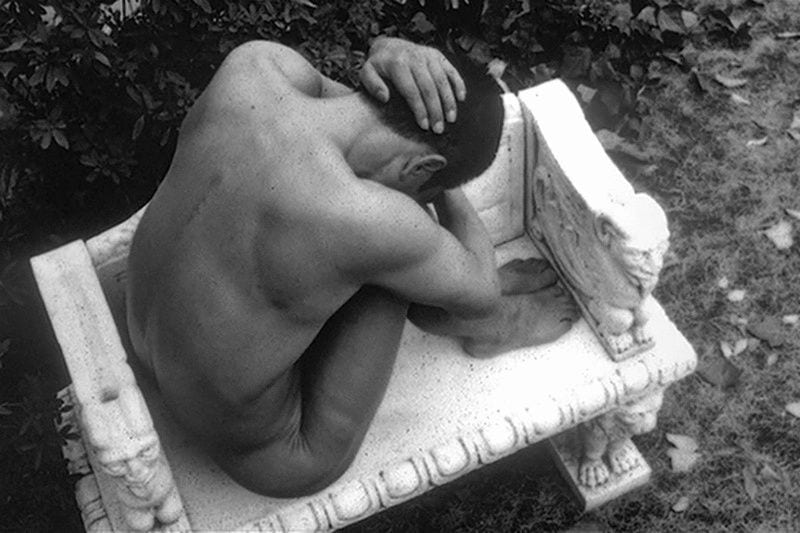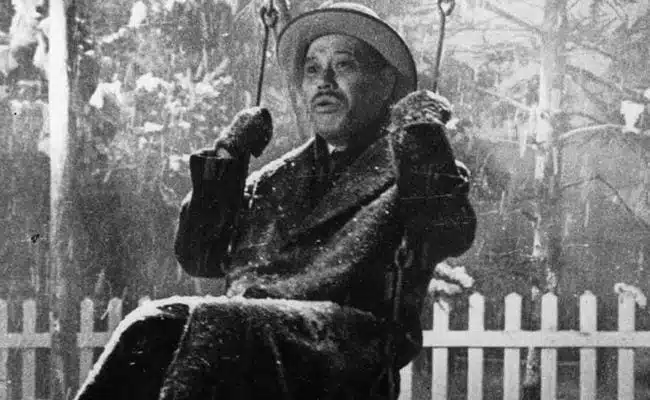
Widescreen, Big Ideas: The Cinema of Akira Kurosawa
When Akira Kurosawa made the conversion to a wider screen, he did so by making six consecutive films in widescreen, with a degree of success as resounding as it was influential.

When Akira Kurosawa made the conversion to a wider screen, he did so by making six consecutive films in widescreen, with a degree of success as resounding as it was influential.

Today’s Kurosawa 101 explores two of the greatest films in Kurosawa’s catalog, Rashomon — the film that made Kurosawa and Japanese cinema known throughout the world — and Ikiru — perhaps the greatest film ever made about impending death.

Through his influences and achievements, Kurosawa became one of the first true international filmmakers, inspiring several generations of filmmakers who would explore notions of genre and identity in film.

Today’s Kurosawa 101 films include the director’s only effort at bringing a contemporary Japanese stage play to the screen (the rarely seen The Quiet Duel), a police procedural that was the finest Kurosawa film to date (Stray Dog), and a scree against tabloid journalism that resulted in one of the weakest films he would ever direct (Scandal).

Kurosawa’s films often act as deliberate examinations of historical periods, exploring difficult realities that existed and the ordeals of the individuals.

Day Two of Akira Kurosawa 101 examines three of his films that address the nature of life in Japan immediately at the end of WWII and the American Occupation.

It’s impossible to imagine a world without Akira Kurosawa’s films. He’s one of the greatest directors in movie history, having made many first-tier masterpieces.

Over the next two weeks, we will discuss every film that Akira Kurosawa directed, from the obscure to the most celebrated, from Scandal and The Most Beautiful to Seven Samurai and Ran.

Mishima: A Life in Four Chapters is a singular portrait of an artist's life lived so fiercely as to have left an indelible mark on an alienated world seeking affirmation for its own existence.

A new biography of the groundbreaking -- yet unassuming -- film director explores his multifaceted life and work.

